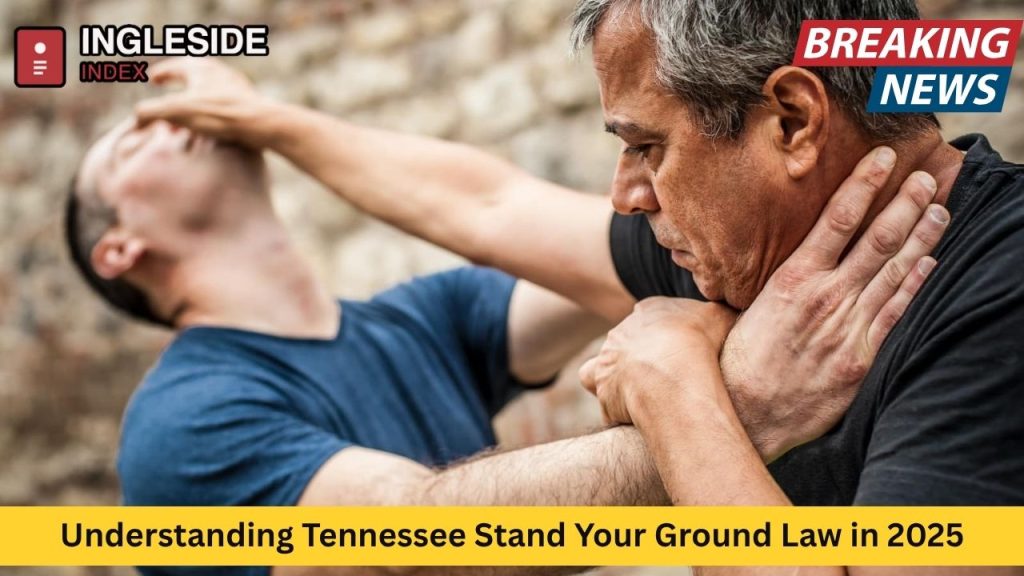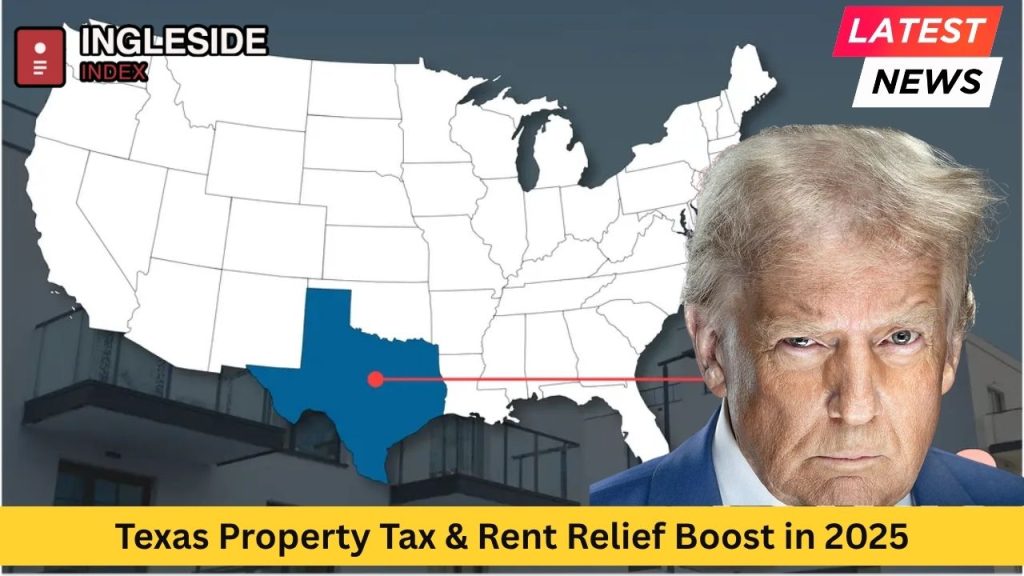The struggle to keep up with rising property taxes and rental costs is a pressing reality for many Texans, and nowhere is this more evident than in the vibrant city of Houston. In 2025, Houston is taking bold steps to expand property tax and rent rebates, focusing specifically on seniors and low-income families. This move signals a new era of economic relief for vulnerable groups not just within city limits, but across Texas.
In this comprehensive article, we explore how these changes will affect Houston’s residents. We break down the new programs, share recent statistics and notable facts, and spotlight the way city and state policies are working together to make life more affordable in Houston, Dallas, Austin, San Antonio, and beyond.
The Growing Burden of Property Taxes and Rent in Houston
Houston and its surrounding counties have long experienced intense growth—bringing with it escalating property values and a spike in rents. This growth, while reflecting a robust local economy, also places a heavy burden on those least able to afford it.
Across Houston, more than half of renters spend over 30% of their income on housing, with nearly 52% of Houston renters considered cost-burdened. In Harris County, this number closely mirrors Houston’s at 52%, while Fort Bend County sees an even higher rate of 57%. These statistics highlight the affordability crisis facing local households, especially those who fall below the median family income.
Particularly alarming is the situation for extremely low-income families. Recent assessments show that Houston offers just 15 affordable and available rental units for every 100 extremely low-income renter households—a shortage that leaves many scrambling for options and, at worst, facing housing instability.
Understanding the Expanded Property Tax Rebates
To address this challenge, Houston, in collaboration with state policymakers, has introduced a series of expanded property tax exemptions and direct rebates:
Homestead Exemption Increases
-
The standard homestead exemption has now risen, lowering the taxable value of primary residences and reducing homeowners’ annual property tax bills.
-
Those under age 65 now see their school district property tax bills shrink thanks to exemptions that can surpass a $140,000 deduction from their property’s taxable value.
Senior and Disabled Homeowner Relief
-
For Texans age 65 and older, or those living with disabilities, the 2025 changes are historic.
-
The combined homestead exemption for seniors is now as high as $200,000 in many cases—eliminating school property taxes for the average senior homeowner living in Houston, Katy, Sugar Land, and numerous other cities across the Houston metropolitan region.
-
With property taxes for seniors already “frozen” in many districts, further increases in the exemption mean even more dramatic annual savings, helping seniors stay in their homes and preserve their financial independence.
Expanding Eligibility
These rebates and exemptions are not limited to Houston; Dallas, Austin, and San Antonio residents are also seeing similar benefits due to statewide legislative action. The eligibility criteria have been broadened, allowing more households to qualify based on age, income, and disability status.
The Impacts in Numbers
Houston is home to millions, but it’s the senior citizens and economically vulnerable families who stand to benefit the most from the expanded tax rebates. Estimates indicate that over two million Texan households will now experience reduced annual property tax bills, with the average senior or disabled homeowner seeing yearly savings of nearly $1,000.
These changes are coupled with substantial spending at the state level. Texas lawmakers have earmarked over $51 billion over a two-year period for property tax cuts—an unprecedented commitment intended to provide widespread relief. Additionally, the average property tax bill for homeowners in Texas has dropped nearly 28% from 2022 to 2023, though increases in property values can offset some of these savings.
Rental Rebates Target Low-Income Families
Renters, often neglected in property tax relief conversations, are at last being considered in Houston’s new approach. The city is expanding rent rebate programs and housing assistance initiatives, channeling more support to low-income renters and families.
The Housing Choice Voucher Program
Administered by the Houston Housing Authority, the Housing Choice Voucher program (known nationally as “Section 8”) covers a portion of rent for eligible families, seniors, and persons with disabilities. Families using these vouchers typically pay between 30% and 40% of their income in rent, with the remainder covered by subsidies directly to landlords. These vouchers are especially critical in neighborhoods like Third Ward, East End, Sunnyside, and the super-diverse historic Northside.
However, demand outstrips supply. Houston’s voucher waitlist remains closed due to the sheer volume of applicants, with only a fraction of those in need able to secure help. Despite this, recent expansions in funding have helped keep more families in their homes and cushion many from the sharpest edges of housing cost hikes.
New Citywide Rent Rebate Initiatives
Houston’s latest budget includes expanded cash-back rebates for qualified renters, especially targeting those who have historically been left out of state and federal relief programs. These rebates translate into real dollars returned to households each year, making a tangible difference for those striving to stay afloat as rents climb across the city.
Notable Citywide and Statewide Statistics
-
The city has allocated millions in new funding for rebates and tax relief initiatives in 2025.
-
In Harris County alone, the projected budget will exceed $2.6 billion, some of which is specifically earmarked for housing assistance.
-
In the Houston area, almost 400,000 unsubsidized rental units are priced for families earning less than or equal to 80% of the region’s median income.
-
Across Texas, a staggering 91% of extremely low-income renter households are cost burdened, with 79% severely so—meaning they spend more than 50% of their income on rent.
-
Policy experts estimate that the expanded property tax exemptions could eliminate school property taxes entirely for at least 50% of senior homeowners in major cities.
Broadening the Reach: Relief for Diverse Neighborhoods
Houston’s relief efforts are grounded in the daily realities facing neighborhoods from Midtown to Bellaire, Alief to the Heights, and throughout sprawling suburban enclaves. Minority communities, immigrants, and seniors in areas like Gulfton, Sharpstown, and Missouri City, benefit greatly from rent rebates and property tax freezes.
Many low-income neighborhoods—such as Northwest Houston, South Park, and Greenspoint—face some of the highest rent burdens in Texas. The expanded rental assistance has been designed to prioritize those ZIP codes where cost burdens are highest, allowing relief to reach the families most in need.
Texas Leading by Example
What makes Houston’s response especially significant is its alignment with state-level policy. Texas has become a proving ground for ambitious property tax reforms, making headlines nationally. The 2025 city and state expansions complement federal programs and build on local commitments made in recent years.
Dallas and Austin are following Houston’s lead: increasing their own local homestead exemptions, streamlining rent assistance applications, and dedicating city funds to shore up public housing and prevent evictions.
Unlike some states, Texas has no statewide property tax, but local jurisdictions—including Houston and Harris County—directly control property tax rates and rebate mechanisms. The recent changes are a product of unprecedented collaboration among city, county, and state leadership.
How to Apply: Steps for Houston Residents
Navigating the application process for these expanded relief programs can seem daunting, but Houston has simplified the path for residents:
-
Homeowners can now file for exemptions online through local appraisal district websites.
-
Seniors aged 65 and over, or those living with disabilities, can apply for both the general and the additional senior/disabled exemptions.
-
Renters may submit applications for cash-back rebates and other housing support through designated city and county portals.
-
Citywide outreach campaigns are underway in neighborhoods such as Acres Homes, Montrose, and Westchase to ensure eligible residents are informed and able to access these benefits.
Challenges and Areas of Ongoing Concern
While new programs promise dramatic relief, challenges remain:
-
Rising property values continue to drive up assessed values, especially in gentrifying neighborhoods. Even with exemptions, some residents may see net increases in tax bills over time.
-
Rental relief programs are still unable to meet all the need—waitlists are long, and funding, though expanded, remains finite.
-
Policymakers must strike a balance between providing relief and maintaining funding for public services like education, infrastructure, and emergency response.
Houston, however, is pushing forward with more accountability, more data-driven policy, and renewed investment in both affordability and livability.
The Broader Impact: Building More Stable Communities
By reducing the annual financial pressure on older adults and low-income households, Houston is investing not just in economic relief, but in the long-term stability of its communities:
-
Seniors can stay in familiar homes, remain active in local neighborhoods, and avoid displacement.
-
Families are at lower risk of eviction, allowing children to remain in the same schools and communities.
-
Affordable housing remains a tangible goal, and renters can regain hope of eventually owning a home in the greater Houston area.
As initiatives roll out through 2025 and beyond, cities from Beaumont to Galveston and Corpus Christi are watching closely, eager to replicate Houston’s success.
Conclusion
Houston’s expanded property tax and rent rebates mark a major turning point in the city and Texas’s fight for housing affordability. By focusing relief where it’s needed most—among seniors and low-income families—city and state leaders are delivering on promises to ensure Texans aren’t priced out of their own homes or neighborhoods.
The effects of these policies will ripple across the region, making vibrant, diverse cities like Houston, Dallas, Austin, and San Antonio more welcoming for residents of all ages and backgrounds. For tens of thousands of local families, 2025 stands as the year relief finally arrived, and their hopes for a more affordable future became more than a distant dream.











Leave a Comment